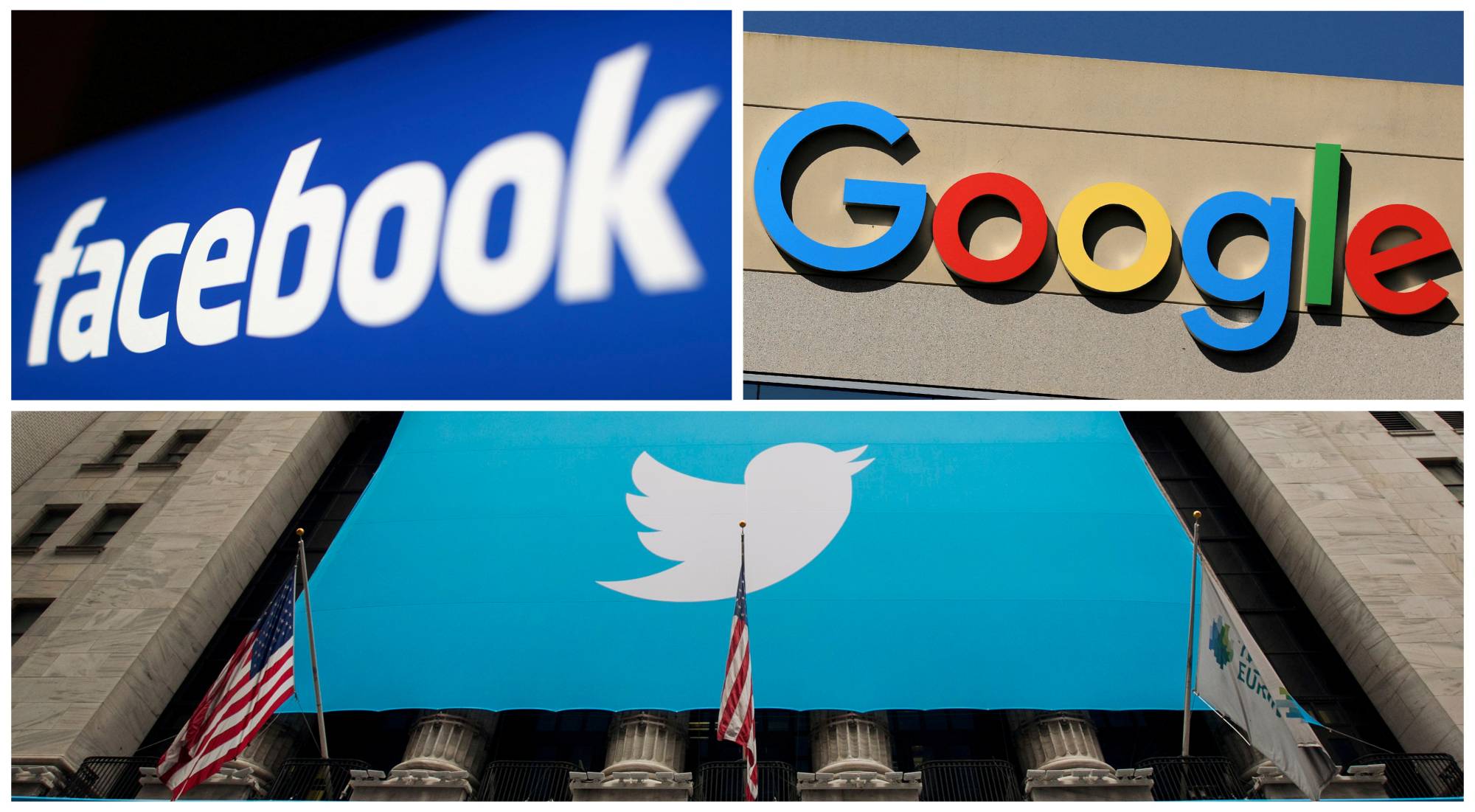The internet, once a freewheeling global network, is becoming balkanized into national spheres of influence. This could be bad for both cross-cultural communication and U.S. tech companies.
China has long protected its local internet, censoring speech behind what has become known as the Great Firewall. The government blocks U.S.-based services such as Google, Facebook and Twitter, and closely monitors the local Chinese versions. Other authoritarian and quasi-authoritarian countries — Iran, Turkey, Pakistan, Vietnam, Ethiopia — do the same. And Russia recently passed a so-called sovereign internet law that makes it much easier for the government to monitor and control online content.
Now democracies may be joining in. India just banned 59 of China’s largest internet apps, including social video sharing service TikTok, reflecting rising tensions between the two giant Asian countries. It has also shut off internet to regions experiencing government crackdowns or unrest, such as Jammu and Kashmir in 2019. In Europe, major rules such as the General Data Protection Regulation are forcing internet companies to operate differently in different regions. Though this doesn’t officially ban or censor U.S.-based sites like Facebook, it does present an obstacle that could end up inhibiting the flow of information.



















With your current subscription plan you can comment on stories. However, before writing your first comment, please create a display name in the Profile section of your subscriber account page.